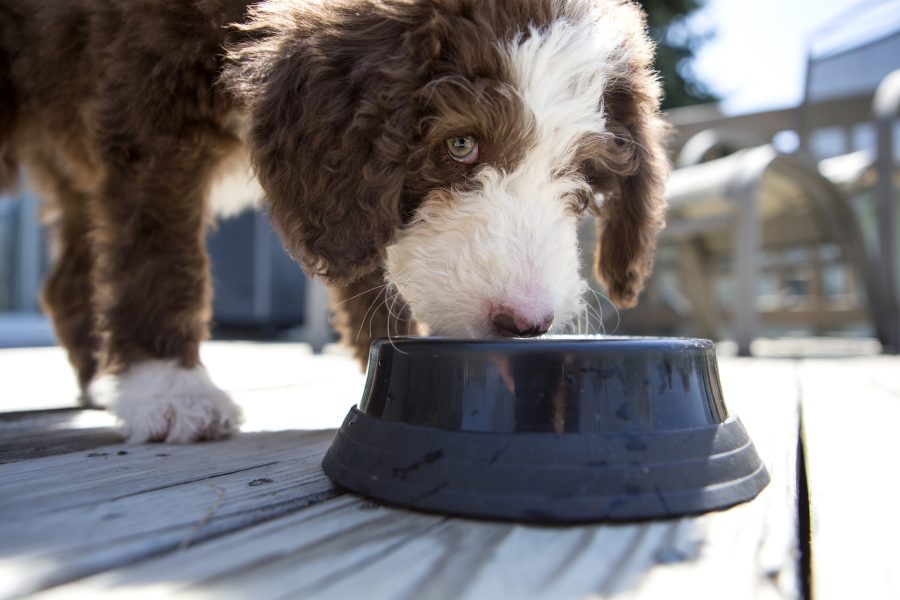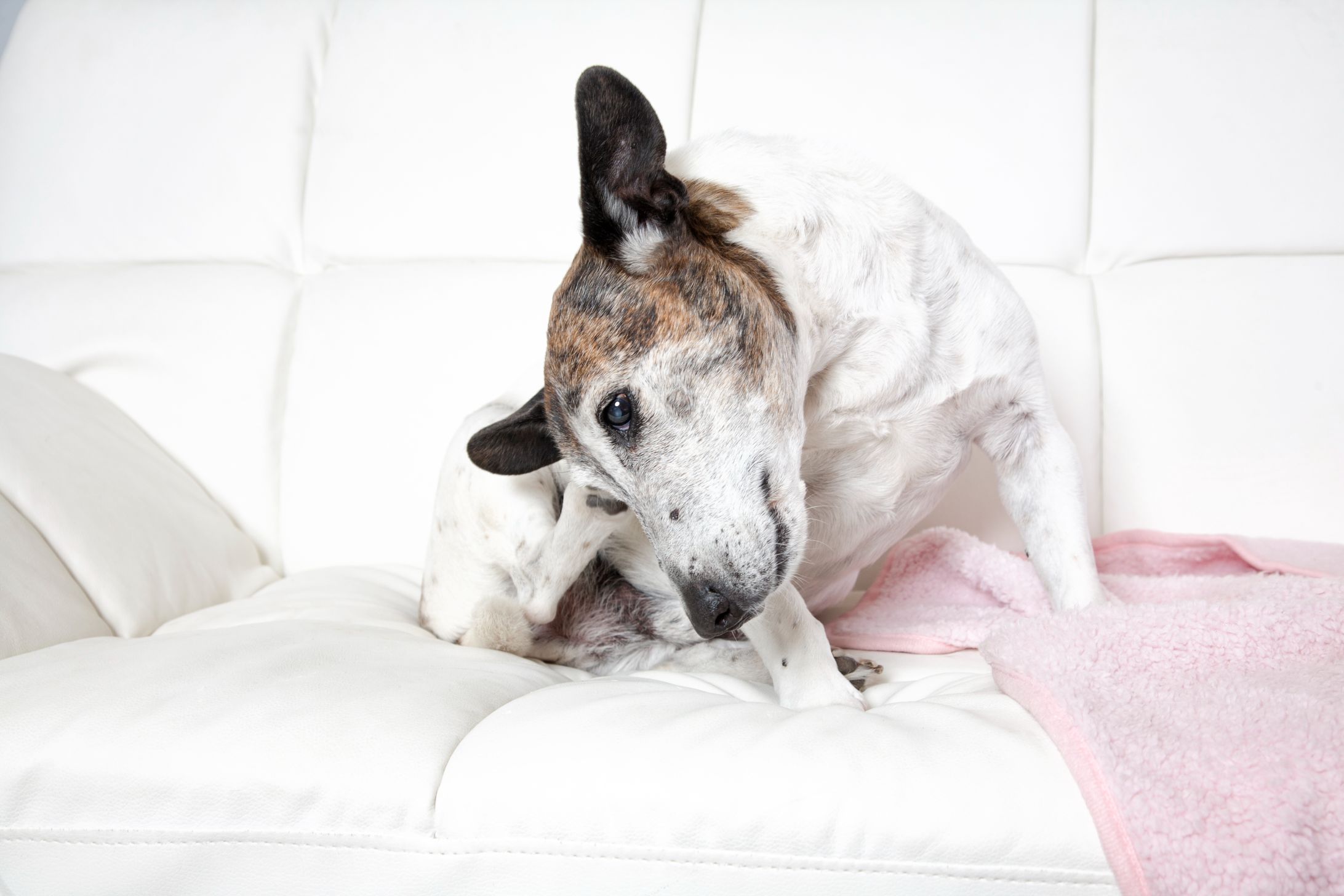
Whole foods, organic meals, Keto, vegan, raw, the list goes on when it comes to the many diets that are trending. It’s hard to know which diet is the best for us with so many options. The same is true for pet owners now, when there are several fad diets that profess to be the best and most nutritious for our fur friends.
It can be overwhelming to discern the right diet best suited for your special pet, we understand. This is why the team at Summeridge Animal Clinic is here to separate fact from fiction when it comes to fad diets for dogs, so you can feel informed about your decisions.
The Grain-Free Dog Diet
Grain-free is all the rage for dogs as is gluten-free for humans. Instead of grains like wheat and barley included in the list of ingredients, a grain-free diet consists of peas, lentils, potatoes and other legumes. It is assumed that a grain-free diet will not cause your pet to experience food allergies. However, this is not likely the case.
Food allergies in pets are mostly caused by meats like beef and poultry, or eggs, rice, and other ingredients. There are some instances when a pet is allergic to grains, but it’s often not the primary cause of an allergic reaction. It is also thought that grain-free is healthier because it has a focus on protein from animals. This idea comes from the premise that the diet replicates what a wolf eats, so therefore is healthier for your dog. There is no evidence for this, though.
Dogs have been domesticated for thousands of years and have adapted to an omnivorous diet that consists, in part, of carbohydrates like healthy grains. For some pets, a grain-free diet can be fine, but there is substantial evidence as proposed by the FDA that diets containing legumes are linked to a heart condition, so it is best to discuss the reasons for this diet with your veterinarian.
Raw Food or B.A.R.F. Diet
The raw diet is popular with many dog owners because it is supposed to mimic what wild canids, like coyotes and wolves eat, which is raw meat and bones. There is also the premise that raw is closer to a natural state of the food itself and therefore healthier. The popular B.A.R.F. diet, or Bones and Raw Food or Biologically Appropriate Raw Food, was introduced by Ian Billinghurst, an Australian veterinarian.
While the diet promises healthier skin and coat, better dental health, and more energy, there are a few concerns that come with feeding a raw diet. This includes the fact that there’s pathogens that cause illness in raw and uncooked meat, as well as the potential for choking on fragmented bones.
Plant Based or Vegan Diet
Many vegetarians and vegans gain great health benefits from eating a plant based diet. So, it is not surprising to want to extend this to their furry loved ones, too. While dogs are indeed omnivorous and can technically be fine on a veggie diet, unlike cats who are obligate carnivores, without an understanding of certain things the dog needs, they may end up missing important amino acids and nutrients from a commercial diet.
These diets should be closely monitored by a veterinary nutritionist to offer your pet the right balance of carbohydrates, protein, amino acids, vitamins, minerals, and so on to maintain good health.
Fad Diets for Dogs Redux
To sum it up, it’s important that your veterinarian works with you collaboratively to ensure that your dog’s diet is best suited for them. Any change in nutrition and diet needs to be done gradually and with an awareness of excellent nutrition for the life of your pet.
If you have any questions about fad diets for dogs, or would like to schedule an appointment, please contact us. We can help you design the best quality diet for your Fido friend, for great health and vitality. We are located at 8707 Dufferin St, Thornhill, ON L4J 0A2, Canada.



